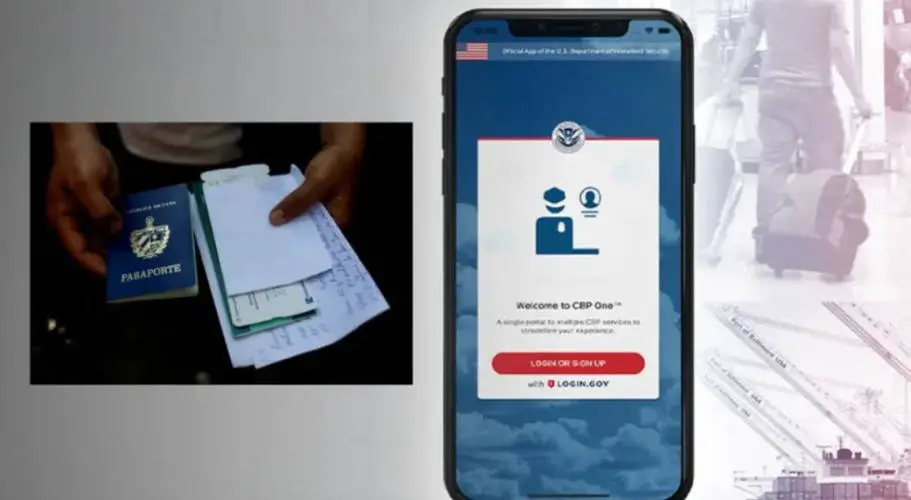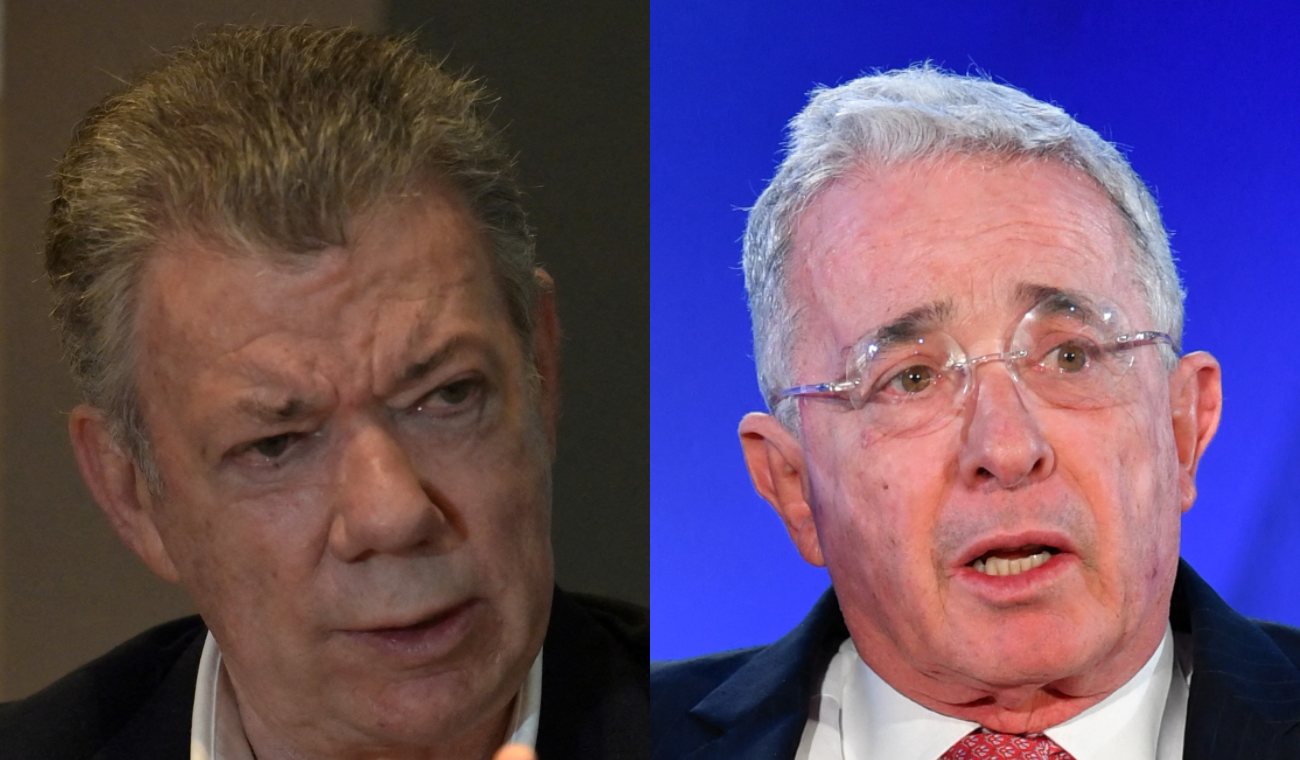MIAMI, United States. — The United States Chargé d’Affaires in Cuba, Benjamin Ziff, assured today that Churches and non-governmental organizations can sponsor applications for the humanitarian parole program launched in January by the Biden administration.
In an interview granted in Havana to the chain nbc the diplomat explained that the US government “is making efforts to expand the number of people in organizations that are willing to sponsor immigrants from Cuba and other countries as part of the humanitarian parole program.
According to Ziff, what’s innovative about the new policy is that, unlike with family reunification, “you don’t have to have family or friends as sponsors.”
“An NGO, a church, any organization can sponsor an immigrant to go to the United States under the program,” the US official said.
The humanitarian parole program was initially implemented in October 2022 for Venezuelans and was extended in January to include Cubans, Nicaraguans, and Haitians. So far, more than 16,000 Cubans have emigrated to the US through it, considered a success by the authorities of the northern country.
Benjamin Ziff reminded the nbc that the objective of the program is to have a “legal, orderly and safe migration”.
Regarding the operation of the United States Embassy in Havana, the Chargé d’Affaires specified that the staff of the diplomatic headquarters are focused on processing immigrant visas through the family reunification program, although he admitted that, for the moment, it is not possible to offer other services and procedures, such as non-immigrant visas.
“We do not have the status or the facilities that we had a few years ago to be able to provide non-immigrant visas,” Ziff told the US media.
In fiscal year 2022, the United States government guaranteed the 20,000 immigrant visas included in the migration agreements between the two countries, a fact that had not happened since the Embassy in Havana began to operate with minimal personnel in 2017 due to the so-called sonic attacks. From then until last December, immigrant visa processing took place in Georgetown, Guyana.






